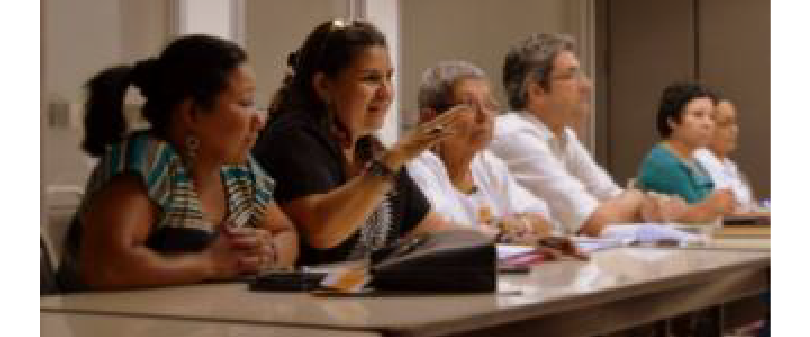“In the historical context of a legacy of poverty, underdevelopment and citizen insecurity, the military coup of 2009 further exacerbated the situation in the country and has negatively impacted Honduran society as a whole” Special Rapporteur Rashida Manjoo as she finalized her country mission to Honduras.
Tegucigalpa, July 11, 2014 — Honduras.
Often dubbed one of the world’s most violent countries, was visited by the United Nations Special Rapporteur on Violence against Women, Rashida Manjoo. The eight-day official country mission began on July 1st during which Ms. Manjoo traveled to different parts of the country meeting with key government officials, women’s movements, and civil society actors.
JASS Mesoamerica, along with several other women’s human rights organizations, co-authored a report on the current situation of violence against women in the country to present Ms. Manjoo during her mission (read the attached report below in English or Spanish). “We are pleased with Ms. Manjoo’s visit and appreciate the respect she showed to civil society and the attentiveness in which she listened and valued our participation during her mission,” added the JASS team in Honduras.
Upon concluding her visit to Honduras, Ms. Manjoo shared some of her observations and concerns regarding the status of women and girls in the country—read the official statement here. She lamented that the 2009 military coup further exacerbated the situation in the country and that violence against women is “widespread and systematic.” She added that femicides—violent deaths of women because of their gender—grew exponentially by 263.4% between 2005 and 2013 and pointed out the associated 95% impunity rate for these heinous human rights abuses. She expressed her concern over marginalized women from indigenous, Afro-Honduran, and LGBTI communities as well as migrants, who are especially vulnerable to the multiple forms of gender-based violence that permeate Honduras.
Recognizing Honduras’ current fragile democracy and economy, Ms. Manjoo highlighted the lack of focus and effective measures to address women’s empowerment as a factor that contributes to continuing insecurity and fear and precludes the possibility of eliminating all forms of violence against women and girls. She also noted with concern, the ineffective measures to address social transformation through activities that are not sustainable and that do not meet the goal of addressing myths and stereotypes about gender roles and responsibilities. Ms. Manjoo reiterated the indispensable role and responsibility of the Honduran government to eliminate all forms of violence against women and children.
Ms. Manjoo will share these findings in the report she will present to the United Nations Human Rights Council in June 2015.
For more information, please contact JASS’ Office in Honduras jassmeso.asociadas@gmail.com


